Yates: Roglic is the big favourite for Giro d'Italia time trial
'I've been making big improvements' says Mitchelton-Scott leader
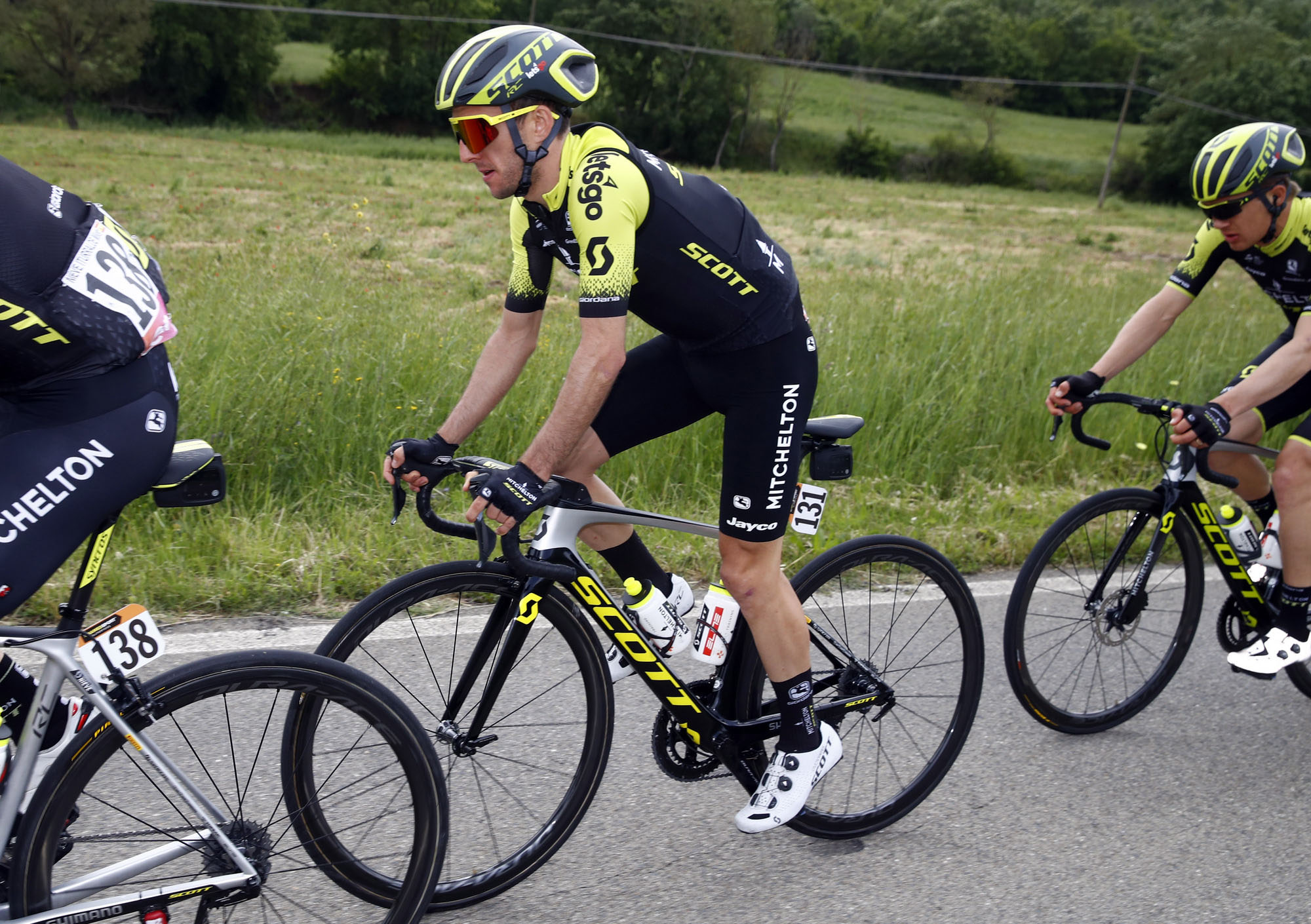
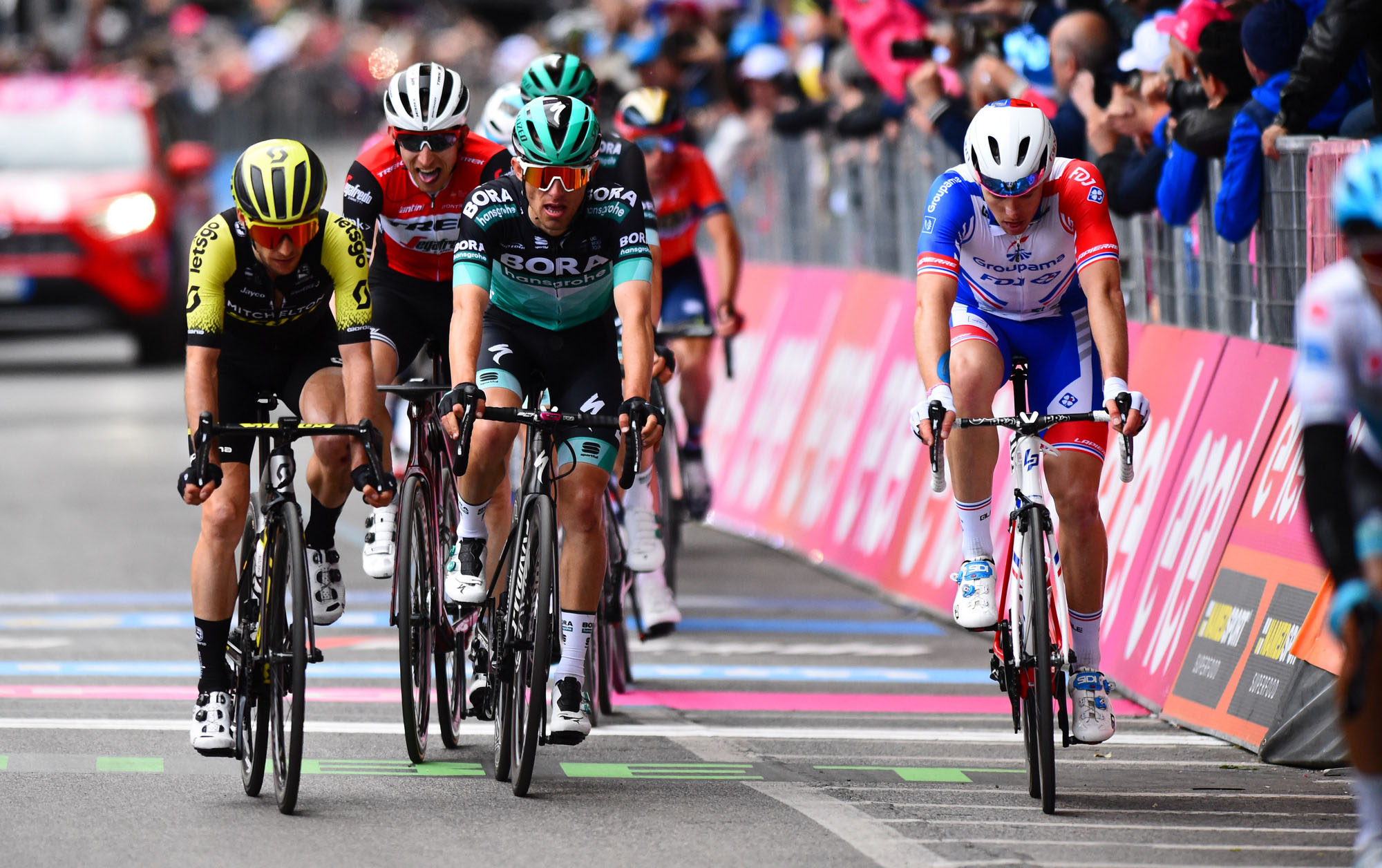
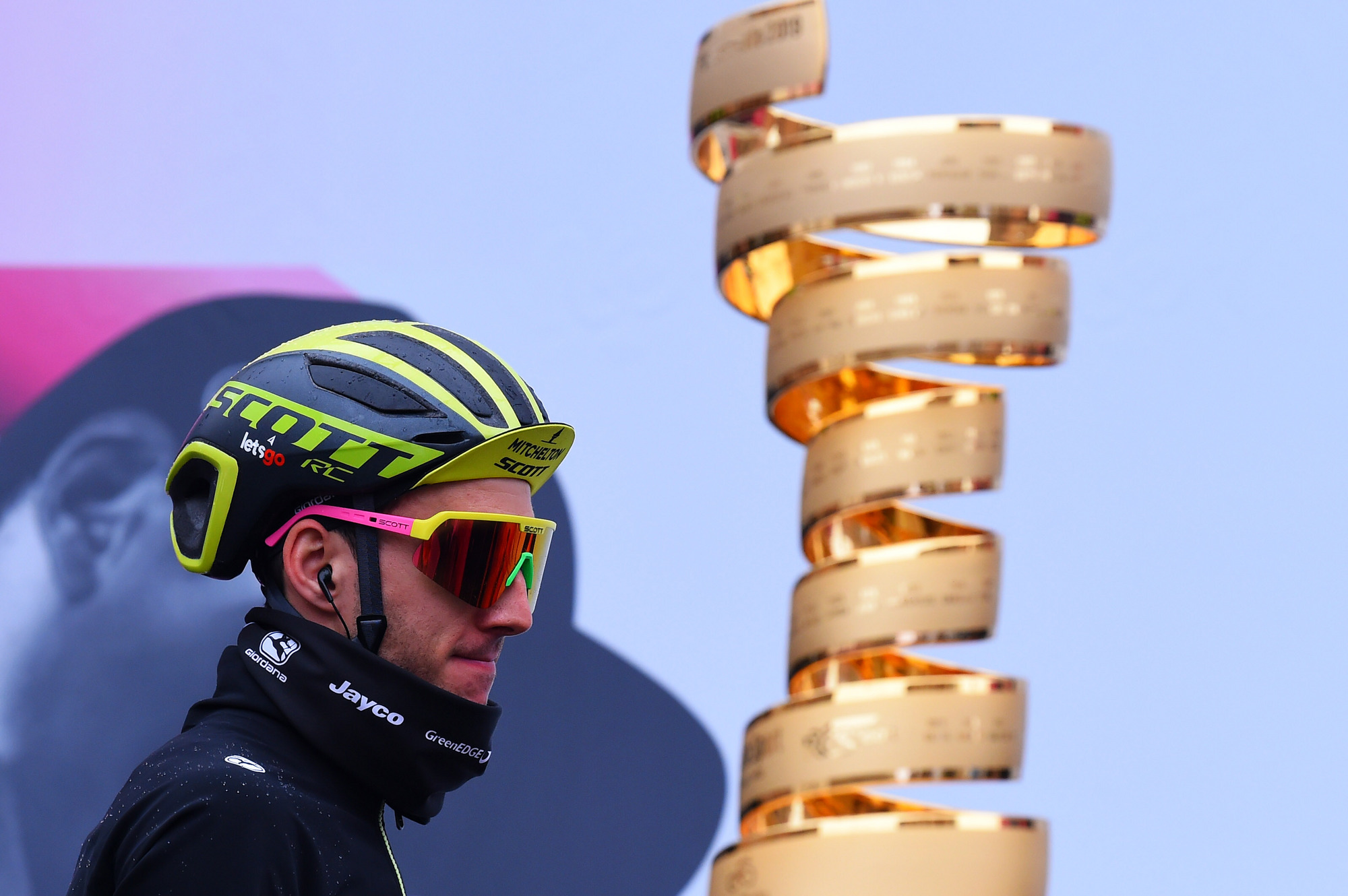
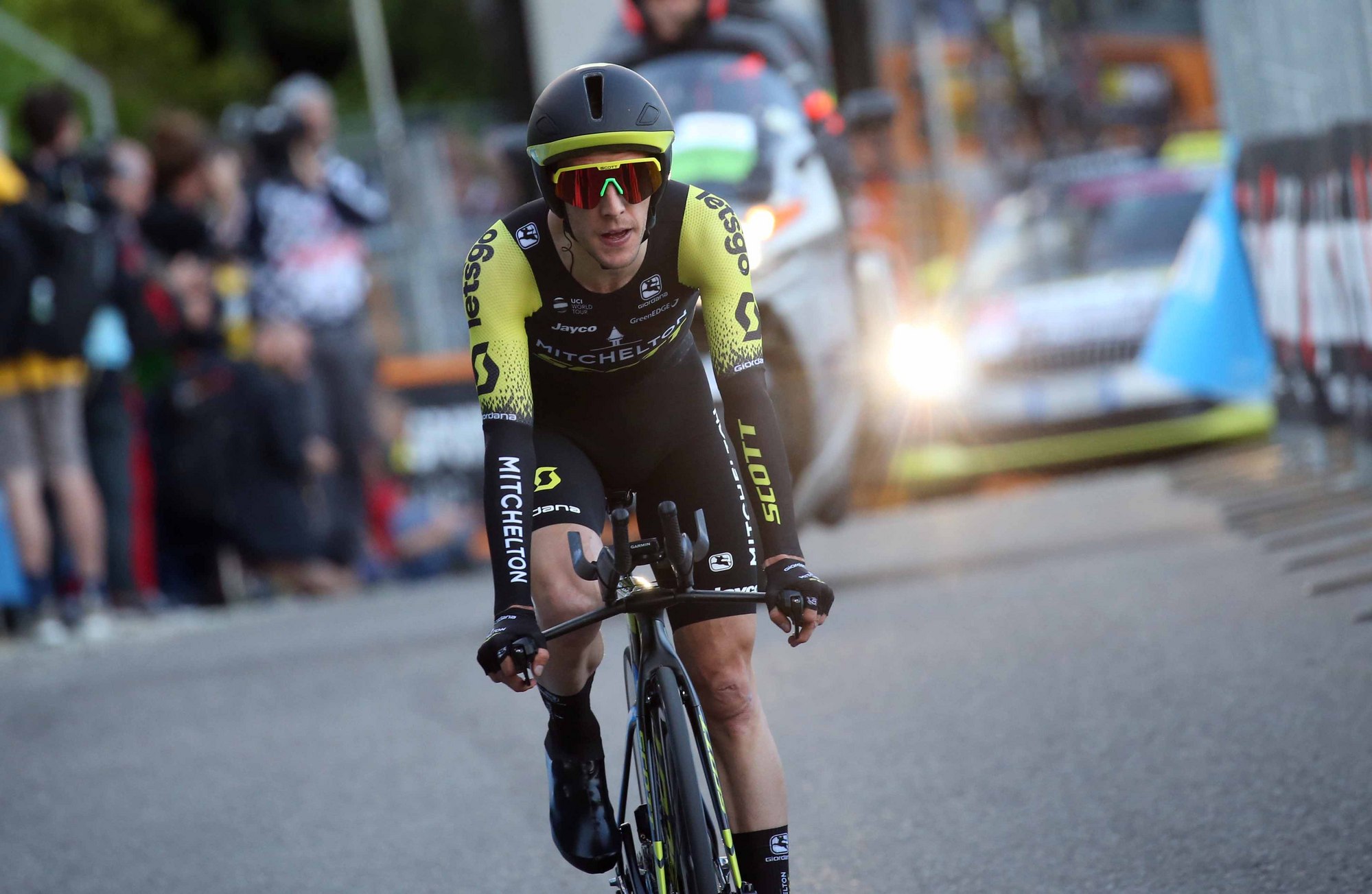
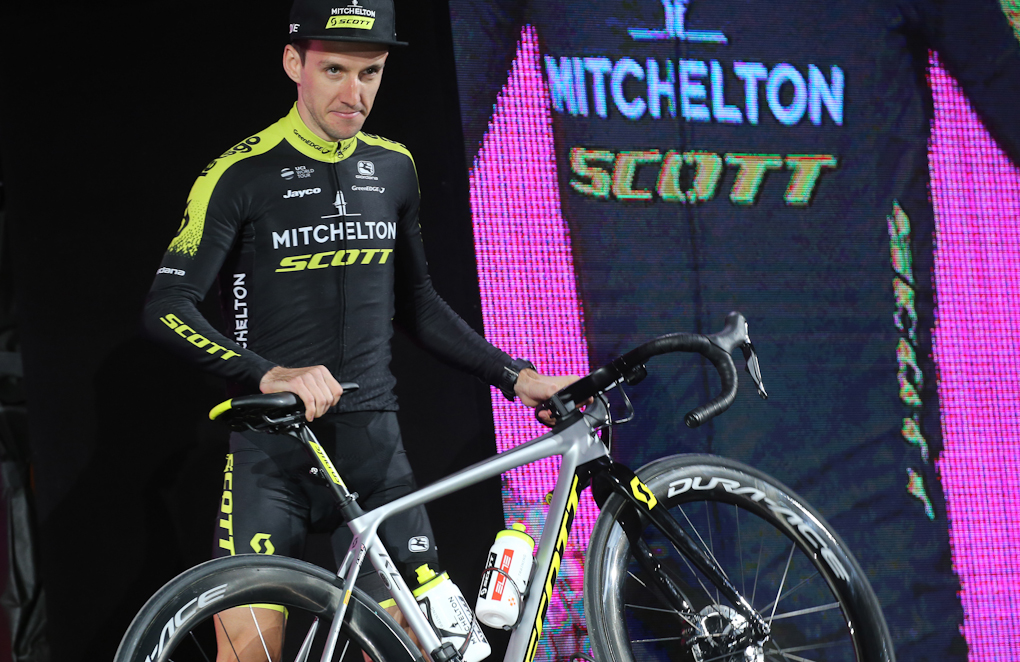
Simon Yates (Mitchelton-Scott) remained in defiant mood prior to Sunday's time trial amidst widespread predictions that rival Primož Roglič (Jumbo-Visma) could once again rule the roost in the Giro d'Italia's second 'race of truth'.
Yates has improved notably his time trial ability over the last 12 months, and even last year in the Giro d'Italia, the widely predicted big differences between himself and Tom Dumoulin (Team Sunweb) did not materialise, although he did lose time.
Second to Roglič in this year's opening TT in Bologna, on Saturday Yates was convinced he had a solid chance of defending his options.
"I showed I was going well in the Bologna time trial and I've felt the same in these last few days," Yates told reporters. "I hope I'll be able to do well against Roglič, who's the big favourite – as we could see was the case in Bologna where he won. I wouldn't say anyone here [of the favourites] is really bad, but I think it just depends on the day."
Yates added that his sensations were good, although his left leg, which he hurt when he crashed on stage four, was "a bit banged up, but hopefully that won't cause me too much pain."
Yates said that his unexpected Paris-Nice time trial win this March had given him "great confidence" although he recognised he would never be as good as Tom Dumoulin (Team Sunweb), who has already quit the Giro, "and those guys."
"I can't put out that same amount of power, but I've been making big improvements," Yates argued.
Get The Leadout Newsletter
The latest race content, interviews, features, reviews and expert buying guides, direct to your inbox!
Sunday's time trial route is anything but straightforward, with a 22 kilometre flat opening section followed by an uneven 12 kilometre second-category ascent to the finish.
Climb suits Yates
Mitchelton-Scott's Matt White was part of the 1998 Giro d'Italia peloton, when the race last ventured into San Marino, but as he told Cyclingnews, 21 years ago it was on a very different kind of stage, with victory going to climber Andrea Noè following a long breakaway.
"I was in the gruppetto and it was a totally different road, we were on the main one into San Marino, this one's on a very small back way," he recalled. "But the course is not that technical, I took Simon and Esteban [Chaves] there before the day before this race started.
"It's a good climb for Simon because he's a guy who climbs a lot out of his seat, changes his rhythm, so I think he'll do a good one."
What constitutes as good, though, will amost inevitably be judged in relation to Roglič, who was rated by White – and many others in the Giro – as "being in a class of his own" for the time trials.
"He's the reference point, and I think around 30 seconds time loss on him would be acceptable. I'd sign on the dotted line for that.
"Simon's the best TTer of the climbers, if you classify Roglič as a time triallist who can climb. So you'd reckon he'd lose about two seconds a kilometre on the flat first section, and then do the climb at a similar pace."
Whilst Yates' unexpected TT victory in Paris-Nice was an enouraging sign, White said, there are others that are perhaps equally as important. "It's a process that goes back at least 12 months, specially," he said.
“He had a little bit of luck that day, the wind changed for big TT guys, but [expert time triallist] Nils Pollit [Katusha] was second or third, he went off at the same time as Simon, and so you could see done a good time trial.”
Nor is Paris-Nice the only race where Yates has shown signs of progress, White pointed out.
"In [the Vuelta a] Andalucía time trial this February, which was a hilly one, he was top ten, and he was just outside the top ten [13th] in in a similar length time trial at the Vuelta a España last year” – a result which proved crucial, it should be recalled, to Yates winning his first Grand Tour.
"That's the difference between now and 12 months ago. Before the Giro last year we didn't know how much time he might lose to those world class time triallers, and now we roughly do. And we can see that he's in a much better place."
Alasdair Fotheringham has been reporting on cycling since 1991. He has covered every Tour de France since 1992 bar one, as well as numerous other bike races of all shapes and sizes, ranging from the Olympic Games in 2008 to the now sadly defunct Subida a Urkiola hill climb in Spain. As well as working for Cyclingnews, he has also written for The Independent, The Guardian, ProCycling, The Express and Reuters.
